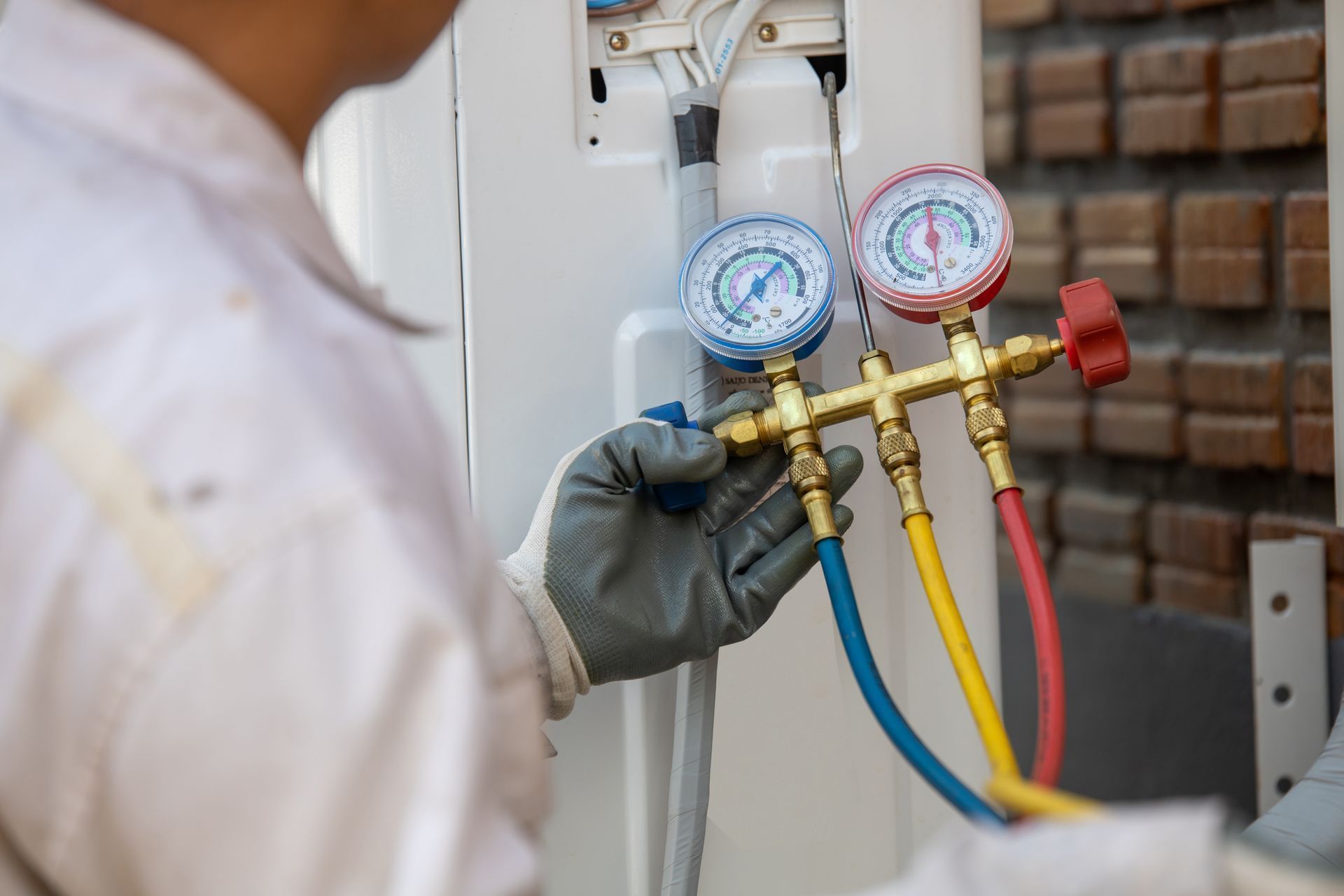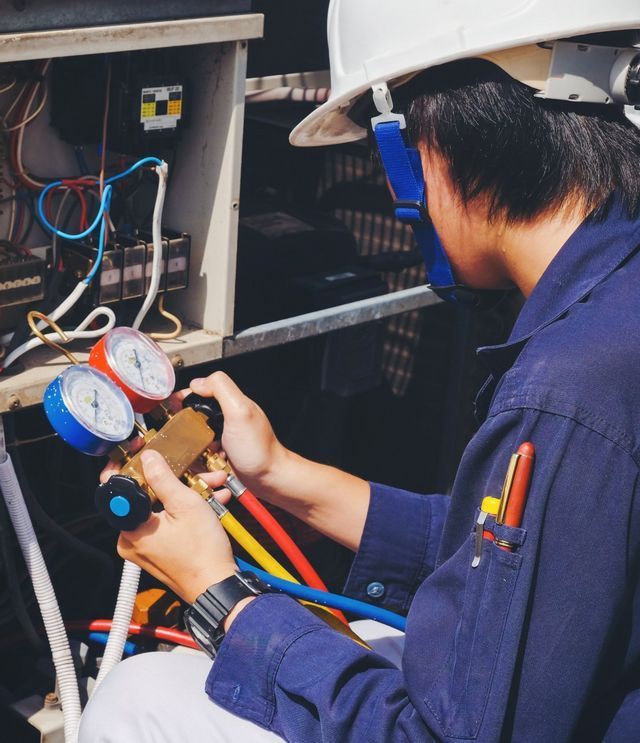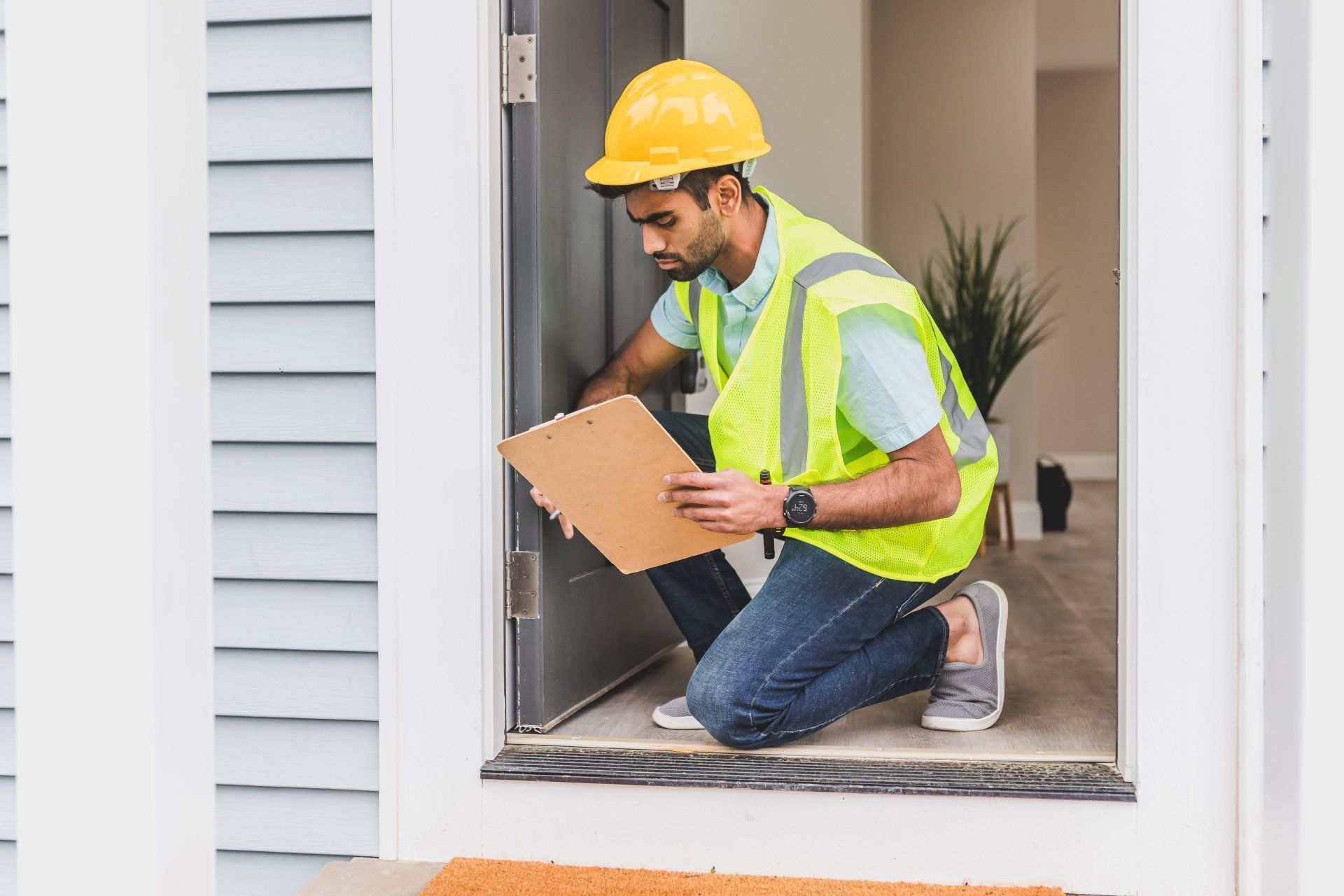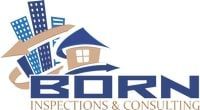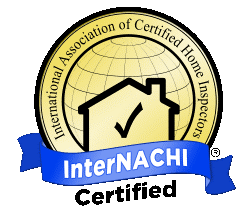How to Know When You Need Professional Mold Inspection Services
Mold in your home is dangerous and can lead to a wide range of health risks for your family. In addition to potential respiratory ailments and allergic reactions, there have also been reports of medical conditions linked to mold exposure. As a result, regular mold inspections are the best way to ensure the health and safety of those in your home.
When it comes to spotting the signs of potentially hazardous mold, there are certain indicators you should be on the lookout for. For example, if you start to notice persistent musty odors in your home, it could be a sign of mold. Additionally, discoloration, staining, and peeling on walls and ceilings could be a sign of a mold problem. If any of these signs become apparent, it’s important to call for professional mold inspection services to ascertain the scope of the issue. In this blog post, we’ll discuss the signs that you may need to call for
professional mold inspection services so you can take any necessary steps for safety and remediation.
City skyline
Signs You May Need a Professional Mold Inspection
If you think you may have a mold problem in your home, it is important to have it properly inspected by a professional. There are a few signs to look out for that may indicate a need for a professional mold inspection. In this section, we will discuss the signs that could mean your home is in need of an inspection.
1. A Musty Smell – A musty smell in your home is one of the first signs of mold, and it should be taken seriously. If you start to notice a strange or pungent smell in your house that can't be tracked down to its source, it could very well be coming from mold. Mold often lurks in dark and damp places, such as behind wallpaper, in sinks, under carpeting, and in basements.
2. Visible Signs of Mold – If you’re able to see mold in your home, you should take prompt action. Mold can be found in any area of your house, from walls, ceilings, and floors to bathrooms, basements, attics, and even your furniture. Not only does mold create an unattractive and smelly atmosphere, but it also can cause health problems.
3. Leaks and/or Moisture – Leaks, flooding, and other sources of moisture inside your home can be the perfect recipe for mold growth. Even if your home hasn't had direct water damage, moisture can still seep into the walls, floors, and other areas of your residence. If you believe that your home may have had any type of water damage in the past, it is important to contact a specialist and get an inspection done to check for the presence of mold.
4. Allergies or Other Symptoms – Individuals with allergies tend to be particularly sensitive to mold, which could account for an increase in allergy-related symptoms such as persistent coughing, sneezing, and other respiratory difficulties. Even short-term exposure to mold spores can be problematic for some, leading to more severe reactions such as wheezing and difficulty breathing. If you discover signs of mold in your home and are experiencing more frequent or severe seasonal allergy symptoms, you may want to take the necessary steps to remove and prevent further growth.
5. Poor Air Quality – Another sign of mold is the poor air quality in your home. You may notice an increase in air contaminants such as smoke, pollen, pet dander, dust, and even mold spores in the air. This can cause irritation to your airways, such as coughing and sneezing, as well as more serious health problems. If you notice any changes to the air quality of your home, it is best to take the necessary steps to eliminate the cause and ensure the health of your family.
6. Wall and Floor Discoloration – Mold can cause discoloration of walls and other surfaces, appearing as black, gray, or green spots. These discolorations may come about if the walls are exposed to moisture for a long period of time, and left untreated, can lead to extensive damage. If this discoloration is present, it is best to investigate and resolve the root cause of the moisture problem to prevent potential health risks associated with mold exposure.
7. Condensation on Windows – When there is inadequate ventilation, humidity from activities such as cooking and showering is unable to be displaced, and instead accumulates in indoor air, leading to condensation on windows. Excessive humidity in an enclosed space also creates an ideal environment for mold spores to grow and spread, which can quickly lead to health problems and damage to your property.
8. Previous Mold Issues – If your home has had a history of mold, it is essential to have a mold inspection in order to identify any potential problems in the future and address them as soon as possible. A mold inspection can help to pinpoint hidden areas of infestation and make sure that any traces of mold that may be present from a previous infestation do not worsen in the future.
9. You Suspect Mold is Present – It is important to be proactive and act quickly if you think there may be mold in your home. It is recommended that you hire a mold professional to come and inspect your home. The professional will be able to confirm if you do indeed have mold present and can advise you on the best course of action. A qualified specialist is the only one who can accurately identify the type of mold present, which is necessary for the proper removal of the mold.
Mold in your home can be dangerous and should be taken seriously. Not only can it cause respiratory problems and allergic reactions, but it can also create structural damage. If you notice any suspicious spots on your walls and ceilings, you should be sure to investigate further. Other common warning signs of mold growth include damp odors, water damage, and discoloration.
If you notice any of the signs discussed above, you should contact a
professional mold inspection service to assess the situation. At
Born Inspections, we specialize in expert mold inspections, so you can be sure your family and home are in good hands. We serve the Anniston, AL area and are dedicated to helping our customers maintain a healthy home and work environment. Call us today at
844-267-6467 to schedule your mold inspection.
